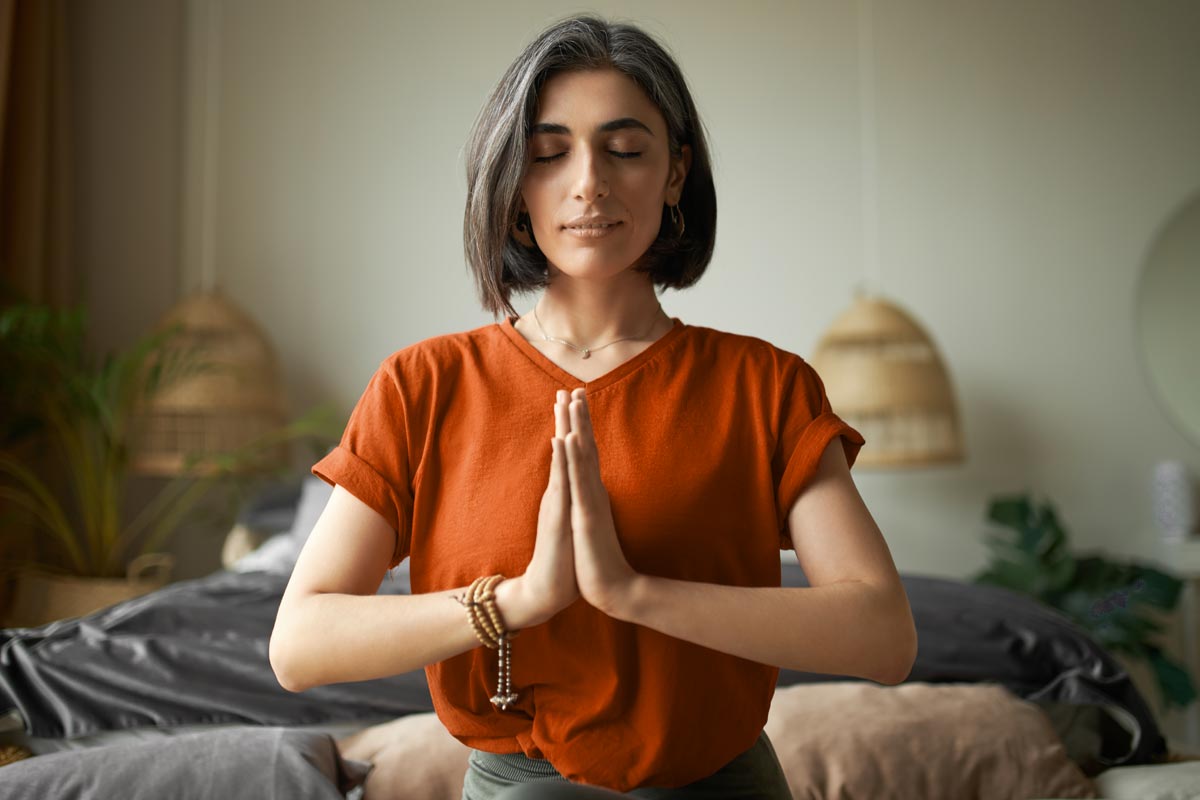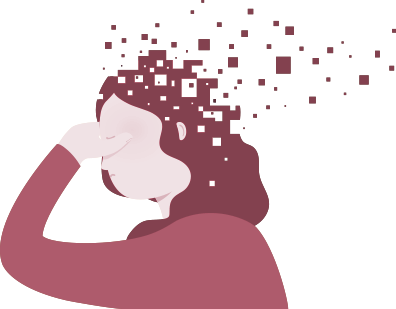
June 14, 2024
Effective Relaxation Techniques for Anxiety
Technique for relaxation might help you feel less stressed and anxious. These methods can also be applied to treat panic disorder symptoms and aid in surviving a panic attack. The fight-or-flight response, also known as the stress reaction that is frequently elicited in people with anxiety disorders can be controlled with the aid of relaxation techniques.
Extreme reactions that frequently outweigh any real threat in the surroundings are brought on by the fight-or-flight response. For instance, those who suffer from agoraphobia frequently have a fear of open spaces or crowded places because they would find it difficult or embarrassing to flee during a panic attack. Uncomfortable physical symptoms including an elevated heart rate, fast breathing, and increased sweating are frequently brought on by the fight-or-flight reaction.
By increasing the relaxation response, lowering heart rate, reducing physical tension, diminishing negative thoughts, and raising self-esteem and problem-solving abilities, relaxation practices have been found to have the opposite effect on the body.
Here are the top 4 anxiety-reducing relaxation techniques. You should practice these relaxation methods frequently, even when you are not feeling very anxious, to gain the maximum benefit from them. Choose a method that you find appealing and that fits with your way of life. Aim to do it every day for at least 5 to 10 minutes. You can get ready to employ the tactics whenever panic and anxiety strike by regularly practicing them.
1. Exercises for Deep Breathing
Many additional relaxation techniques are built upon breathing exercises, which are also very simple to master. By practicing these breathing techniques, you can learn to breathe slowly and deeply, which may help you feel more at ease. Exercises that improve your breathing have been shown to give you more energy and vigor. Deep breathing also helps you to clear your mind and control your breathing rhythm by bringing your concentration and attention to the breathing process.
These exercises can help with alleviating muscle tension as well as other typical panic symptoms including calming a racing heartbeat and controlling shortness of breath.
2. Visualization
A potent technique for releasing tension and stress is visualization. During visualization, you use your imagination to create a picture of yourself in a more tranquil setting, such as a beach or a field full of flowers. The practice of visualization can help you unwind physically and mentally. You can truly induce a more relaxing environment in your mind and body by simply visualizing yourself there.
3. Progressive Muscle Relaxation
A powerful anxiety-reduction technique called progressive muscle relaxation (PMR) includes releasing tension from every part of your body while relaxing your racing thoughts. To relieve stress in the body, PMR involves tightening and releasing different muscle groups.
You may quiet and soothe your mind by concentrating on releasing stress from every part of your body. With regular practice, PMR can assist you in identifying when your muscles are tightening and more readily releasing any physical discomfort that is fueling your worry.
4. Meditation and yoga
Yoga and meditation are frequently cited as effective techniques for lowering stress and anxiety. Yoga can assist you in reducing overall body stress, increasing focus, and relaxing. You can utilize meditation either on its own or in conjunction with yoga as a terrific approach to help you feel more calm, balanced, and focused.
When you first get up, you can use these relaxing techniques to ease your morning worry and help you feel rejuvenated. They can also be utilized at the end of the day to release any tension and stress that has accumulated.
5. Techniques for Relaxation and Self-Care
If you combine relaxation techniques with other self-care and health routines, they may be even more beneficial. Self-care techniques include actions that improve all facets of your wellness—emotionally, physically, spiritually, and relationally. It can be beneficial to focus on your general self-care routines if you have been diagnosed with panic disorder. Practice your relaxation techniques, seek out social support, get enough sleep, and attend to your physical fitness requirements among these strategies.



